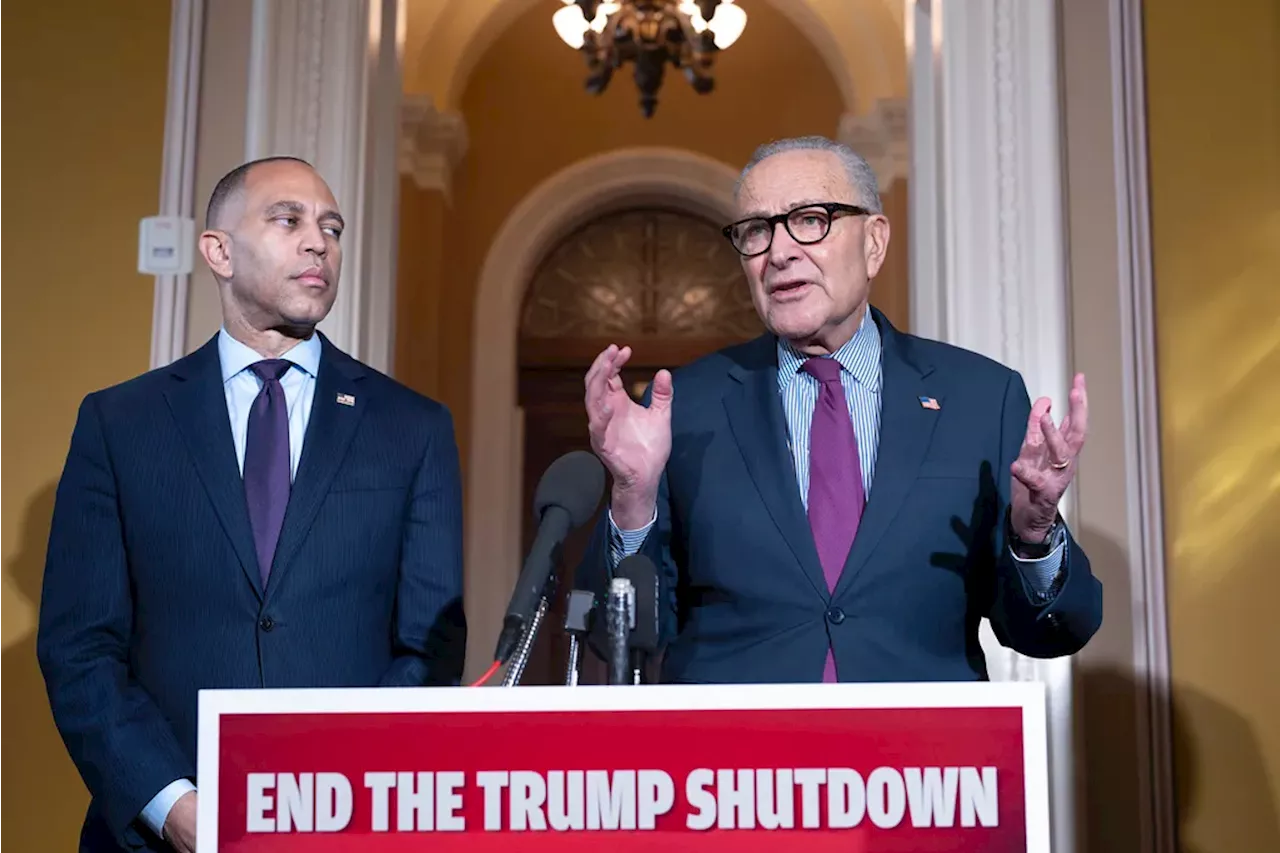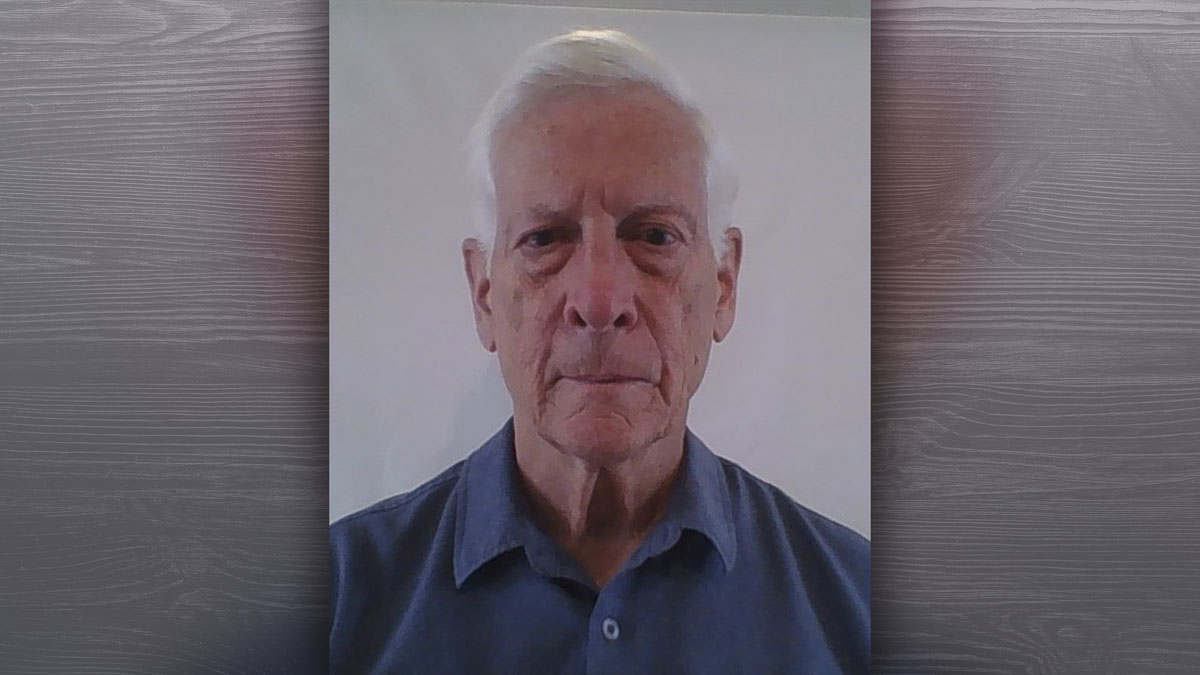The ongoing government shutdown has emerged as a significant political miscalculation for the Democrats, who now find themselves facing mounting pressure. During a recent segment on CNBC, host Joe Kernen confronted Senator Peter Welch regarding the lack of discussions on premium increases that have accompanied the shutdown. Kernen expressed his frustration, stating, “This is the right way to do it, senator? By people not getting paychecks at the TSA? This is extortion!”
The current impasse stems from the Democrats’ insistence on including specific demands, such as reversing cuts to Medicaid and extending COVID-era subsidies for the Affordable Care Act, which are set to expire soon. Vice President J.D. Vance criticized this approach, stating that threatening a government shutdown over political disagreements is not justified. He emphasized that “you don’t put a gun to the American people’s head” to force legislative action.
Democratic leaders have acknowledged the strategic nature of the shutdown, with House Democratic Whip Katherine Clark admitting, “There will be families that are going to suffer… but it is one of the few leverage times we have.” This sentiment has been echoed by other prominent Democrats, including Sens. Bernie Sanders and Martin Heinrich, who have indicated that political leverage is paramount in their strategy.
The history of government shutdowns suggests that the party initiating the standoff often finds itself in a vulnerable position. Looking back at the shutdown in December 2018, then-President Donald Trump faced significant backlash after he refused to negotiate on funding for a border wall, leading to a 35-day shutdown before he ultimately capitulated. Similarly, in 2013, a prolonged shutdown over the Affordable Care Act resulted in a resolution that left the law intact.
The current situation has left Democrats in a precarious position. They are aware that they may eventually need to compromise, as has been the case in previous shutdowns. Senate Minority Leader Chuck Schumer, who initially voted for a continuing resolution in March to prevent a shutdown, faced backlash from within his party. His decision led to a decline in his favorability among Democrats, raising concerns about potential primary challenges.
As the shutdown continues, public patience appears to be waning. Recent data shows a shift in perception, with independent voters increasingly blaming Democrats for the standoff. According to analysis from CNN, the net approval rating for Republicans in Congress among independent voters has risen by 8 points since the shutdown began, while Republican approval has increased by 12 points.
On Monday, the American Federation of Government Employees, representing federal employees, called on Democrats to end the shutdown. Despite this, many party members remain steadfast in their positions, indicating a deepening divide within the party.
The shutdown’s impact on the public is becoming increasingly evident. With government services disrupted and federal employees facing unpaid leave, the situation raises questions about the long-term consequences for the Democrats. As they navigate this political landscape, it remains to be seen how much longer the American public will endure the ongoing fallout from this shutdown and what it means for the future of Democratic leadership.







